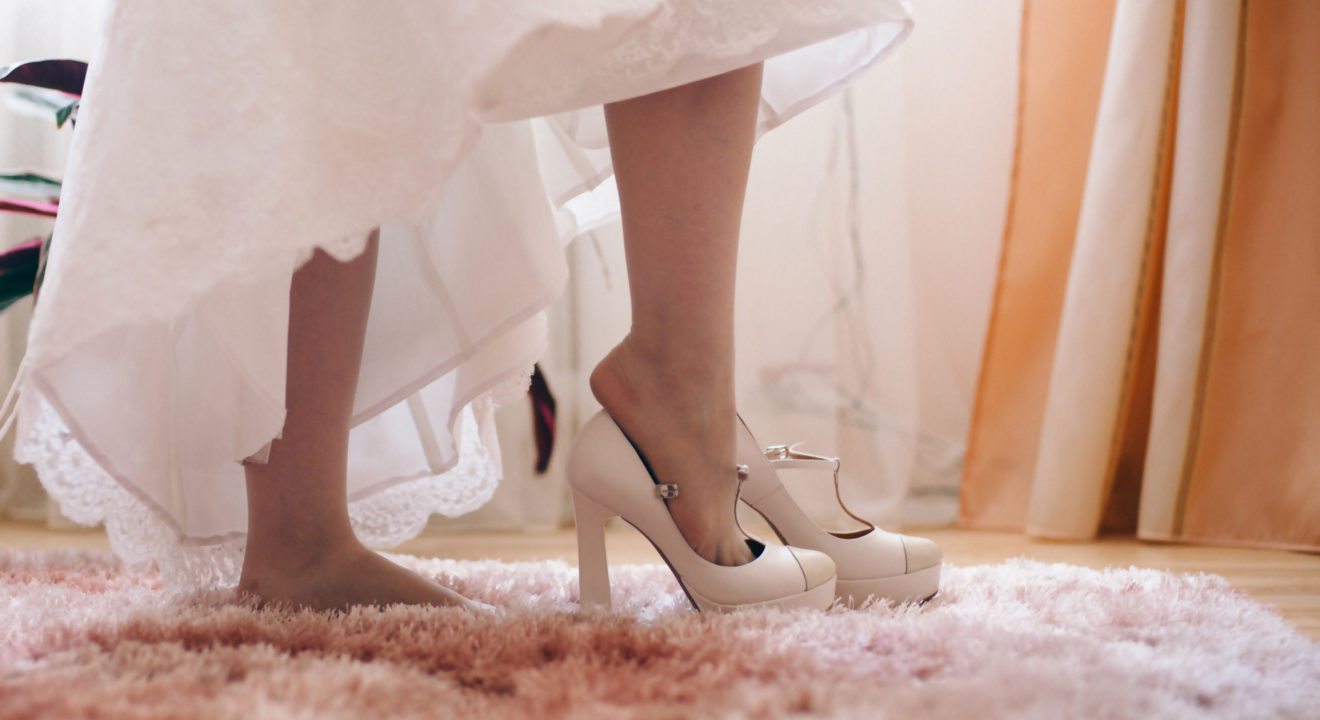Uncategorized May 15, 2017


Millennials, being the youngest and largest population in the adult world, are known for shaking things up a bit. They grew up with Facebook, and now can make a living modeling for Instagram, or playing video games on YouTube.
With a desperate economy, a mandated education, and insane loan rates millennials have capitalized on the idea of personal investing. Sites like GoFundMe enable millennials to get friends and family to pay for their college education, costly procedures, studying abroad, and now weddings.
The average wedding costs $32,641 in the U.S. according to The Knot. To put that in perspective, the average student loan debt is about $37,113 according to recent data from Credit Summit. So newlyweds are spending almost as much on a one-night ceremony as they are on four years of education. With more and more young people delaying marriage it makes sense that these couples are asking for financial assistance. In some cases people are having guests pay for wedding entry in lieu of a registry, most millennials opt for money rather than gifts. Many couples cohabitate before marriage and already own traditional registry items. It’s also unlikely these couples will go off to a large house, material possessions aren’t really a millennial thing.
The New York Times did a piece on the money instead of gifts trend in 2015. They interviewed wedding planners, couples, and millennial researchers who all universally explained that the trend was just practical.
Some wedding expert find the practice of having guest pay entry to weddings tacky, according to ABC news, who wrote a story about a couple who linked a PayPal account to their wedding site for entry. Likewise The Daily Mail decries it as a “money grabbing.”
The story of Vanessa Cadwell that ABC News, wrote of seems far from tacky though. It was an idea insisted upon by her family. Originally Cadwell and her husband planned on just doing a small ceremony at the court house, but her friends and family wanted a party. She asked for $2,000 from guests to host a small intimate wedding of 75 people.
The discomfort and tack factor seems to come from making guest uncomfortable by asking for too much. In 2015 American Express reported that the average wedding guest themselves spent $670 on average for wedding attendance. Given the expensive cost of simply attending a wedding is it fair to ask guests to help fund it?
In a survey of the Entity office, 28 women between the ages of 18 and 28 were asked about their views of the trend. Forty three percent of participants agreed that nontraditional registries were fine but that having guests pay for entry was just too much. Twenty five percent said the whole idea of asking for money was tacky and that if someone couldn’t afford their wedding they shouldn’t have one. Twenty one percent of participants thought it didn’t matter and that couples should be able to do whatever they wanted without judgement. Seven percent that crowdsourcing weddings was fine but that paying for entry seemed rude, and four percent of participants thought that all methods couples use to fund their weddings made sense given the plight of student loans, housing rates, and the job market.
Despite questions about taste, it doesn’t seem like this trend will be dying anytime soon. Sites like Honey Fund and Hatch my House are finding success capitalizing on these new wedding trends. These sites enable millennials to crowdsource honeymoons from their guests or to build their dream homes.
Obviously if you genuinely aren’t paying anything, and you’ve built up the bill for a super expensive wedding it’s probably unfair to ask your guests to pay, but where does one draw the line on entitlement, is asking entitled?
In 2015 The Knot reported that the bride’s family on average pays 43 percent of the wedding bill. This is despite the average age of marriage being 29 for women and 31 for men (link to delayed marriage article).
The Knot and wedding planner Sandy Malone argue that crowdfunding your wedding, or making that ask for money isn’t okay. Crowd funding websites, they argue are meant for charity causes and extraordinary circumstances, even people who are more open to the idea of crowd funding argue that doing it to get a costly dream wedding is generally bad form.
Still the trend persists. In 2014 CNN reported that there’d been 1,500 wedding related GoFundMe campaigns from 2010. The Offbeat Bride offers a wedding invitation that asks for wedding contributions in lieu of gifts.
The case for it a wedding license only costs $10 to $100 on average, according to Daily Dot but weddings ceremonies are more about friends and family than the couple themselves. The Knot argues that couples should extend their engagement while they save, but what if it becomes impossible to save enough for a party that can fit even 100 of your closest friends and family members?
The BBC wrote a piece profiling different crowdfunding couples, most asked for only a few thousand far below the 32,000 average cost. It wasn’t extravagant. One couple had been together for a decade before they got married they raised more than 2,000.
At the time of writing this article the mean average of all newlywed listings on the first page of GoFundMe was $3,740.
So having friends and family pay or help with your wedding is an option—you might get so side eye, but the trend doesn’t look like it’s going to die anytime soon.
Sorry, no related posts found.